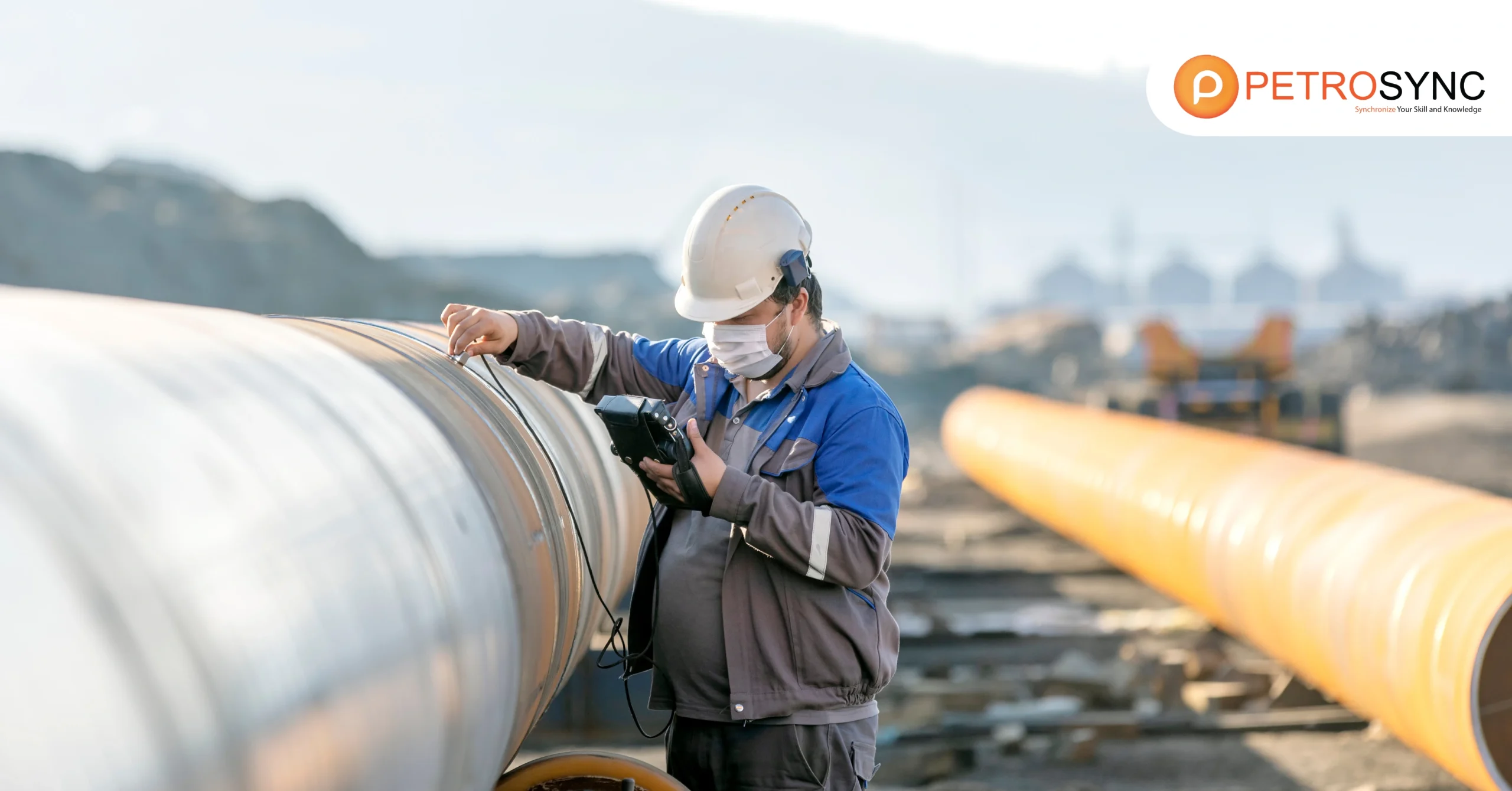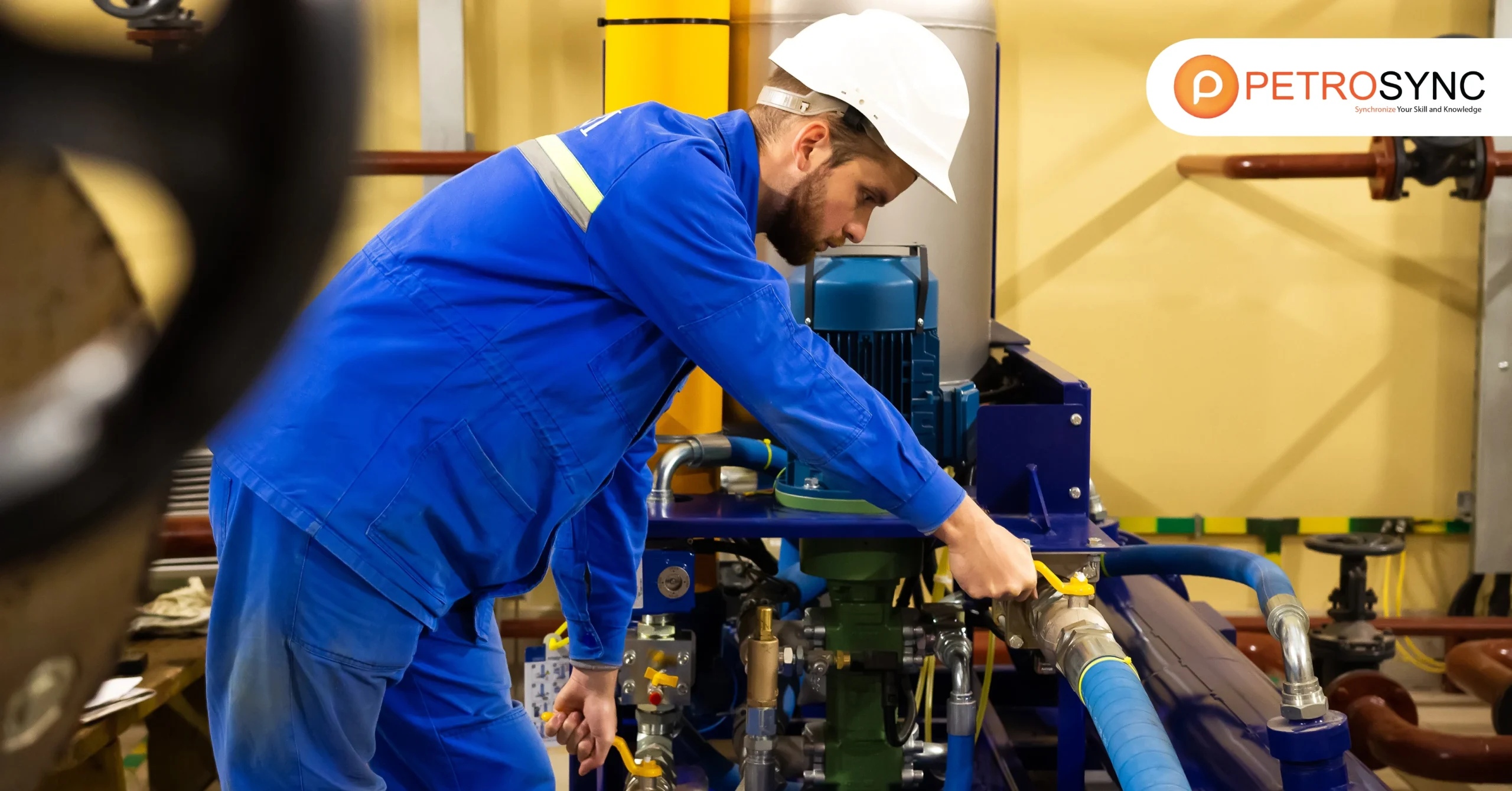Within the industrial field, the role of an asset integrity engineer is pivotal in ensuring the reliability, safety, and longevity of critical assets. This article aims to provide a clear understanding of the responsibilities and significance associated with the position of an Asset Integrity Engineer. As we delve into the intricacies of this role, we will explore the engineer’s crucial contribution to maintaining the integrity of industrial assets, preventing potential failures, and adhering to safety standards.
What Is An Asset Integrity Engineer?
An Asset Integrity Engineer is a professional responsible for ensuring that equipment, structures, and systems within an industrial facility are maintained and operate safely throughout their lifespan, providing operation and project support, technical consultations, and maintaining standards on issues related to Asset Integrity Management System and Solutions.
Asset integrity engineers assess the condition of assets, identify potential risks, and develop strategies to prevent failures. The role involves implementing inspection programs, monitoring performance, and recommending maintenance or improvements to uphold the integrity and reliability of the assets, ensuring they meet industry standards and regulations. Essentially, an Asset Integrity Engineer plays a crucial role in safeguarding the longevity and safety of industrial assets.
What Is The Difference between Asset Integrity and Mechanical Integrity?
Asset integrity and mechanical integrity are related concepts but have distinct focuses within the industrial context. Mechanical Integrity (MI) is a subset of asset integrity management and emphasizes an asset’s ability to perform its required function, preventing, detecting, and/or mitigating a major hazardous event.
Best practice suggests developing the MI program during the design stage of an asset. While asset integrity covers the overall reliability, safety, and performance of all assets, mechanical integrity specifically addresses the reliability and functionality of the mechanical components within an industrial system. Both are critical for maintaining the overall safety, efficiency, and reliability of industrial operations.
What Does An Integrity Engineer Do?
As an Integrity Engineer, the primary responsibility is to ensure the safety and reliability of industrial assets.
1. On-site Responsibilities
On any given day, an Integrity Engineer’s role involves frequent on-site activities to uphold the safety and reliability of industrial assets. Conducting inspections is a primary on-site task, where engineers visually assess structures, pipelines, and equipment, identifying signs of wear and potential issues. They also engage in field verification, ensuring assets align with design specifications and safety standards.
In terms of Monitoring and Testing, engineers oversee the functioning of monitoring instruments and may coordinate non-destructive testing methods like ultrasound or radiography to assess material integrity without causing damage. Collaboration is key, involving regular communication with field personnel and close teamwork with maintenance crews to integrate asset integrity considerations into ongoing operations.
2. Office-based Responsibilities
In the office, Integrity Engineers shift their focus to detailed analysis and strategic planning. Data Analysis is a crucial aspect, with engineers spending time reviewing inspection data, analyzing trends, and identifying potential risks or areas for improvement.
Subsequent to inspections, engineers engage in Documentation and Reporting, creating comprehensive reports that detail inspection findings, suggest corrective actions, and outline plans for ongoing maintenance. Planning and strategy take precedence as engineers assess risks to asset integrity, develop mitigation strategies, and plan maintenance schedules based on inspection data.
Software utilization is essential, with engineers relying on specialized Integrity Management Software to manage asset data, track inspections, and aid in decision-making. Meetings and consultations round out the day, involving collaboration with cross-functional teams, discussions on ongoing projects, and providing technical consultations to management and other departments on matters related to asset integrity.
The day of an Integrity Engineer is dynamic, balancing hands-on fieldwork with analytical and planning activities in the office to ensure the continued safety and reliability of industrial assets.
How Do I Become An Asset Integrity Engineer?
To become an Asset Integrity Engineer, follow these steps:
1. Educational Background
Begin by obtaining a relevant bachelor’s degree in engineering, such as mechanical, civil, or materials engineering. This educational foundation provides essential knowledge for the role.
2. Gain Industry Knowledge
Acquire industry-specific knowledge by participating in internships or entry-level positions within the engineering field. This hands-on experience will deepen your understanding of industrial processes.
3. Specialized Training
Consider pursuing additional training or certifications related to asset integrity, corrosion control, or inspection techniques. These certifications can enhance your expertise and make you a more competitive candidate.
4. Build Technical Skills
Develop technical skills in areas like non-destructive testing (NDT), risk assessment, and integrity management software. These skills are crucial for effectively assessing and maintaining industrial assets.
5. Networking
Connect with professionals in the field, attend industry events, and join relevant professional organizations. Networking can provide insights, mentorship, and potential job opportunities.
6. Stay Informed
Stay updated on industry trends, technological advancements, and changes in regulations. Continuous learning and staying informed about the latest developments in asset integrity are key to success.
7. Advanced Degrees (Optional)
Consider pursuing advanced degrees, such as a master’s in engineering or a related field, to deepen your knowledge and increase your competitiveness in the job market.
8. Apply for Positions
Start applying for entry-level positions or internships in asset integrity or related roles. Look for opportunities that align with your educational background and acquired skills.
9. Build a Strong Resume
Craft a strong resume that highlights your education, relevant experience, and acquired skills. Tailor your resume to emphasize how your background aligns with the requirements of an Asset Integrity Engineer.
10. Interview Preparation
Prepare for interviews by showcasing your technical knowledge, problem-solving skills, and ability to work in a team. Be ready to discuss specific examples from your education or experience that demonstrate your suitability for the role.
By following these steps, you can work towards becoming a qualified Asset Integrity Engineer, ready to contribute to the safety and reliability of industrial assets.
What Are Some Standards Commonly Used by Asset Integrity Engineers?
1. API 510 – Pressure Vessel Inspection Code
The API 510 standard guides Asset Integrity Engineers in inspecting pressure vessels, ensuring they meet safety standards. This code outlines inspection intervals, methodologies, and criteria to assess the condition of pressure vessels, preventing potential failures.
2. API 570 – Piping Inspection Code
API 570 provides guidelines for inspecting industrial piping systems, helping Asset Integrity Engineers identify and address issues that could impact the integrity of pipelines. This code ensures the ongoing reliability of piping systems through regular inspections and assessments.
3. API 653 – Tank Inspection, Repair, Alteration, and Reconstruction
For storage tanks, API 653 serves as a crucial standard. Asset Integrity Engineers rely on this code to inspect, repair, and maintain storage tanks. It offers guidance on ensuring the structural integrity of tanks and preventing failures.
4. ASME Section VIII – Boiler and Pressure Vessel Code
The ASME Section VIII code provides guidelines for the design, fabrication, and inspection of pressure vessels. Asset Integrity Engineers refer to this code to ensure that pressure vessels meet the necessary safety standards throughout their life cycle.
5. ISO 55000 – Asset Management
ISO 55000 focuses on holistic asset management. Asset Integrity Engineers leverage this international standard to develop comprehensive strategies for managing assets, ensuring their reliability, safety, and efficiency align with organizational goals.
6. CMRP (Certified Maintenance and Reliability Professional)
CMRP certification validates the expertise of Asset Integrity Engineers in maintenance and reliability. It covers a broad range of knowledge areas, including equipment reliability, maintenance strategies, and best practices.
7. CRE (Certified Reliability Engineer)
CRE certification signifies a high level of proficiency in reliability engineering. Asset Integrity Engineers with CRE certification are skilled in applying reliability principles to enhance the performance and longevity of industrial assets.
8. RCM (Reliability-Centered Maintenance)
RCM is a methodology used by Asset Integrity Engineers to optimize maintenance strategies. It involves analyzing the functions and failure modes of assets to determine the most effective maintenance approach, ensuring resources are allocated where they are most needed.
As you consider the various aspects of being an Asset Integrity Engineer, think about the significant benefits that additional training can bring to your professional growth. By participating in targeted training programs that focus on standards like those from API, reliability-centered maintenance (RCM) methodologies, or certifications like CMRP and CRE, you will gain essential skills for managing assets and ensuring their reliability. Investing in ongoing learning not only improves your capabilities but also makes you a highly valued professional in the industry.
Join the Global Network of Experts Through PetroSync Training
Taking the step to undergo training allows you to deepen your knowledge, contribute to the safety and efficiency of industrial operations, and position yourself as an expert in the field. Embrace the chance to enhance your skills, advance your career, and play a crucial role in the ongoing development of asset integrity management with PetroSync!

Results-oriented and thorough SEO specialist with extensive experience in conducting keyword research, developing and implementing digital website promotion strategies and plans, managing campaigns to develop company websites in the digital world, excellent knowledge of marketing techniques and principles, and attentive strong attention to detail.







